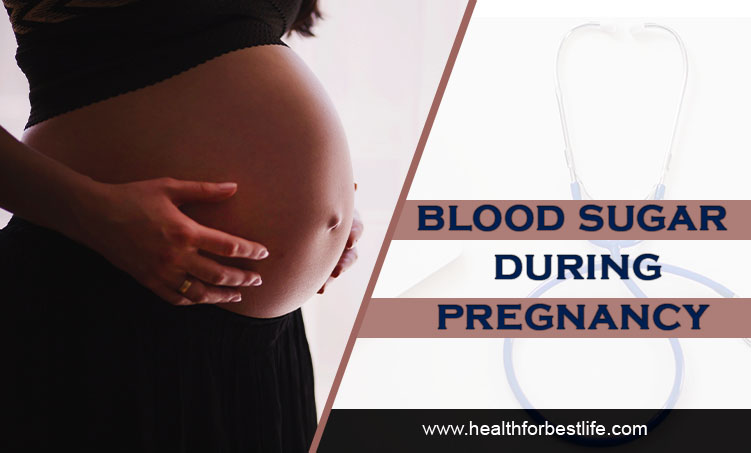What is diabetes?
So diabetes is a condition that can affect women inside and outside of pregnancy. And so if you have diabetes before becoming pregnant it’s very important to get your diabetes into control. Diabetes is when you have high blood sugars your body is not able to process the food that you eat.
Particularly your carbohydrate intake as well as someone without diabetes. And so some women have had diabetes all their life they were diagnosed as children. Which usually is called type 1 diabetes. Or they’ve been diagnosed as an adult which is type 2 diabetes. But in both circumstances, they end up with high blood sugars unless they watch their diet or take medication.

How can diabetes complicate pregnancy?
So diabetes can complicate pregnancy in one of two ways. If you have diabetes what we call pre-existing or it was present before you got pregnant. It can start to affect the pregnancy very early. So high blood sugars can lead to miscarriage in the first trimester. High blood sugars can also lead to birth defects.
And so having yourself in good control before you actually get pregnant is the best thing. If you got diabetes diagnosed during the pregnancy such as in the third trimester. Because all pregnant women are tested for diabetes in the third trimester. That usually only entails problems with baby size.
And poor control of diabetes late in the pregnancy can lead to a large baby. That prevents you from having a vaginal delivery. It may lead to problems with the baby in terms of its ability to process all the higher sugars that it sees. So maintaining good control is very important whether you start it off with it or you gained it during the pregnancy.
Why is important to have your diabetes under control before pregnancy?
Many women do not discover they’re pregnant until about six or eight weeks of gestation or pregnancy. At that time all of the baby’s organs are already formed. So if your diabetes is not in good control and you discover that you’re pregnant beyond six to eight weeks. You’ve already missed your opportunity to reduce your birth defect risk.
And so it’s very important if you have diabetes to get yourself in good control early. And there is a test that we can assess it’s a blood test. That tells how well controlled your disease is. It’s called a hemoglobin A1C. And it’s usually ordered either by your primary care. Or by your obstetrician-gynecologist when you inform them that you’re thinking about becoming pregnant.
And that magic number that we like it to be below is 6%. Hemoglobin A1C at 6% or below is supposed to carry a risk similar to the general population for birth defects. As we rise above six percent your risk for a birth defect in the baby goes up. And so we need to monitor babies by ultrasound for those birth defects. And the most common ones are skeletal problems or problems with the bone structure, heart defects, and spinal defects.

What are some additional ways I can maintain a healthy pregnancy?
So for women who are contemplating pregnancy a few things should be done in the beginning. When you start thinking of having a baby the best thing to do is to go on a multivitamin. A deficiency or if you have very low folic acid or folate levels can lead to birth defects. So for any woman thinking about becoming pregnant or if you’re not on birth control.
Not actively trying but not actively preventing either it’s best to be on a multivitamin. You can get prenatal vitamins over the counter. So if you’re actively trying to become pregnant you can go ahead and purchase any prenatal vitamin. You don’t need a prescription to obtain that. Then if you are contemplating pregnancy and you have a medical condition. You want to see whoever is managing your medical condition.
So if you’re followed by your primary care physician. You want to see that person and make sure that your condition is as in the best control that it could be before thinking of pregnancy. And then once you do become pregnant. You want to register your pregnancy as soon as possible to see your obstetrician.
So that they can make sure that the pregnancy itself hasn’t affected your medical condition. Because some conditions can get more complicated or more difficult to control once you become pregnant. So the sooner you can see your physician the better off you are.


